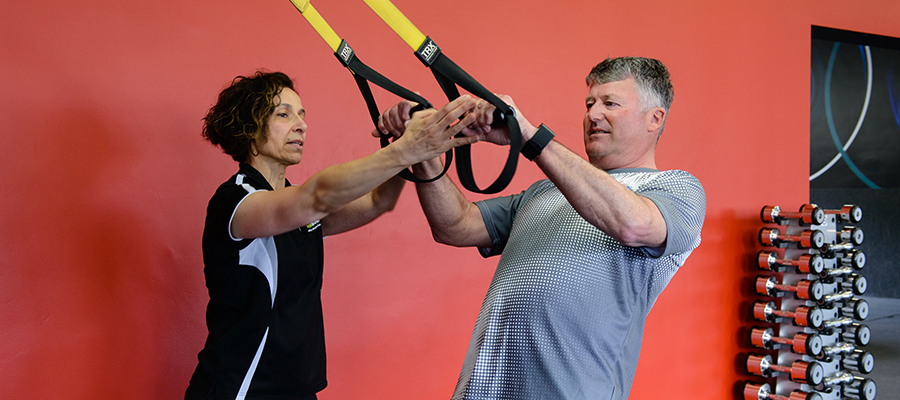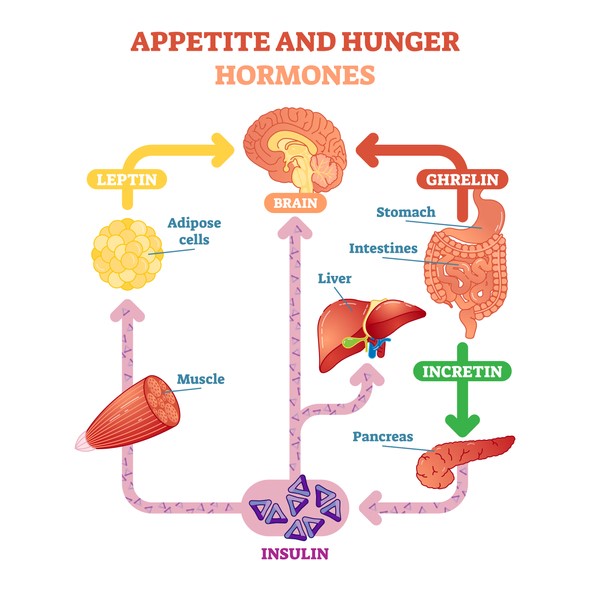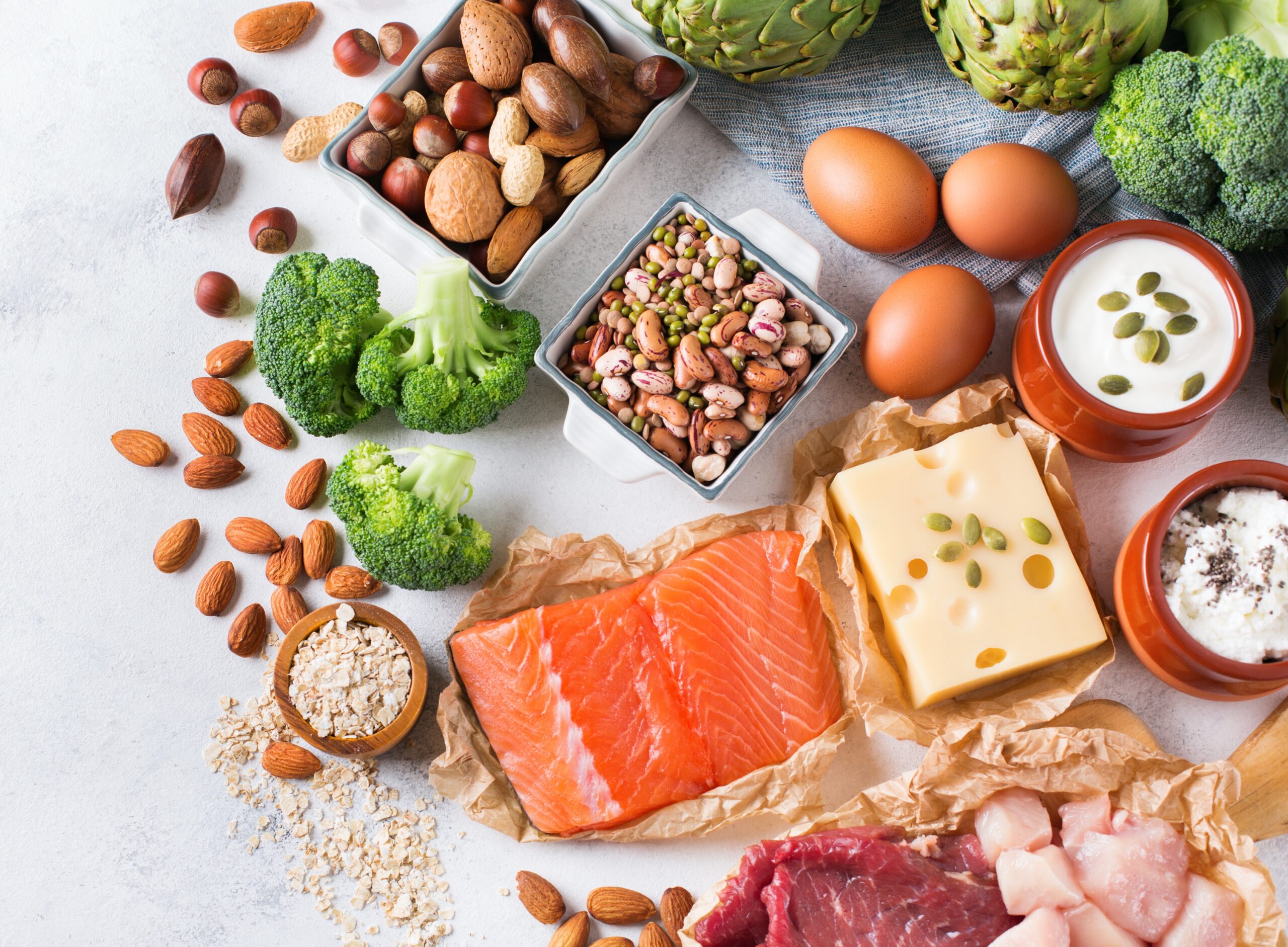Weight loss can be the bain of many people’s life. Some of us go from diet to diet looking for a secret or an easy way for losing weight, the last 5 to 10 kg while others just bury their head in the sand.
Ever since I can recall I have adopted a high carbohydrate/low fat/low GI and count your calories approach to helping my clients lose weight. Over the past few years I have began to question this. For many this approach wasn’t successful, even following a calorie intake of 1200 to 1350 calories per day. For the few that this was successful for weight loss was extremely slow.
After coming across a book titled Good Calories, Bad Calories. Published in 2007 which collates more than 150 years of research into nutrition and weight loss and suggests that it is the quality, not the quantity, of calories you consume that lead to weight gain and disease.
The more carbohydrates you consume the fatter you will be.
Carbohydrates, and particularly refined carbohydrates -like sugar and high fructose fruit and high fructose corn syrup -are the prime suspects in the chronic elevation of insulin; hence they are the ultimate cause of common weight gain/obesity. By stimulating insulin secretion, carbohydrates make us fat. By driving fat accumulation carbohydrates also increase hunger and decrease the amount of energy we expend in metabolism and physical activity.
The fewer carbohydrates we consume the leaner we will be.
What do you eat to help you lose weight? You replace the carbohydrates in your diet, and particularly the sugar, high fructose sources and starches, with fat and protein. That is because fat and protein have minimal effects on your insulin levels. Therefore you eat meat, fish, fowl, eggs, full fat dairy products, green leafy vegetables, nuts, minimal fruit and no grains or sugars.
The following description illustrates how carbohydrates impact the human body and the degree to which we need them or not.
- 300 or more grams/day – Danger Zone!
Easy to reach with the “normal” Australian diet, (cereals, pasta, rice. bread, muffins, soft drink, packaged snacks, sweets and desserts). If this is your diet you are at high risk of excess fat storage, high inflammation and disease markers, metabolic syndrome and or diabetes. - 150 – 300 grams per day – Steady Weight Gain
Your body will continue to produce high amounts of insulin, therefore preventing fat burning. Generally your weight will increase by 1kg or more per year. - 100 – 150 grams per day – Maintenance Range
Range based on body weight and activity level. When combined with exercise provides optimal body weight maintenance and increased energy levels through fat burning and muscle development. This is where you want to be when you have reached your ideal weight and are striving for optimal health. - 50 – 100 grams per day – Effortless Weight Loss
Minimizes insulin production and significantly increases fat burning. By consuming meat, fish, eggs, nuts, seeds, vegetables that grow out of the ground and some fruits you can loss 1kg of body fat per week and more importantly keep it off FOREVER.
If you would like to know more call us on 6234 5969.
Amanda is considered a national expert in lifestyle coaching and personal training having 5 times been a finalist in the Australian Personal Trainer of the Year award.She is the founder of Personal Best Fitness, Tasmania’s Fitness Business of the Year and is recognized as a leader in corporate health programs.

 Timetable
Timetable 6234 5969
6234 5969


